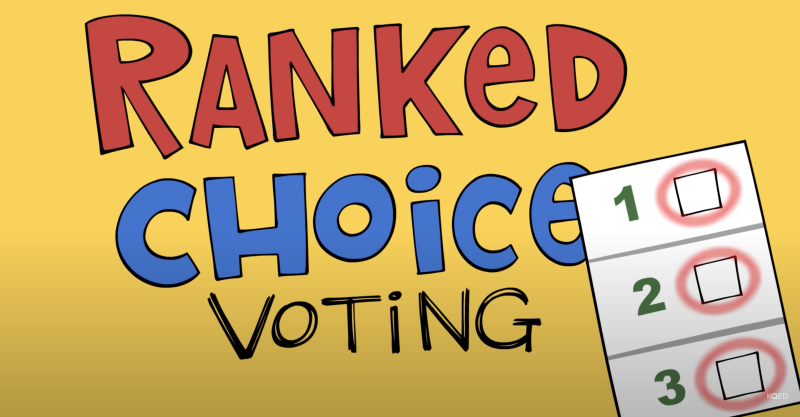Oakland voters are choosing their next mayor with a system they’ve used since 2010 called ranked choice voting, or what is sometimes referred to as an “instant runoff.”
Ranked choice voting is somewhat complicated. Here’s how it works:
Unlike traditional elections where you pick one candidate for each office, ranked choice voting allows Oakland voters to rank up to five different mayoral candidates, listing their first, second, third, etcetera choices in order of preference.
Initially, the first-place votes of all 10 candidates are counted up. Whichever candidate finishes last in that first vote count is eliminated. Their voters’ second choice is then redistributed to the remaining nine candidates.
This process continues until one candidate reaches 50% plus one, at which point the vote-counting stops and a winner is declared.
If your second choice is eliminated, your third choice is then given to that candidate. It can often take many rounds of elimination and redistribution to put a candidate over the top, especially with a large field of candidates dividing up the vote.
Supporters of ranked choice voting like it for several reasons:
- It avoids having a second runoff election with the top two candidates, which can be expensive.
- Runoff elections, sometimes held at odd times like early December, lead to a low turnout of voters who tend to be more wealthy, white and property owners.
- It encourages candidates to appeal to a wider range of voters in hopes of being their second or third choice.
- It allows you to “vote your heart” with a candidate you like best but who might not have much chance of winning without “throwing away your vote” on that candidate.
- You can choose other candidates for your other choices and still have a say in the final outcome.
Opponents of ranked choice voting have a number of complaints:
- The system is based on a complicated algorithm that is not easily understood by voters, and sometimes even by the candidates themselves.
- You don’t get to see a one-on-one comparison of the two top candidates, which can be the best way to judge them.
- A candidate who finishes first in the initial round of voting can end up losing once other candidates are eliminated and their votes redistributed.
- Although election offices show exactly how votes are distributed in each round, it can lead to questions about fairness and accuracy, even if they're unfounded.
Oakland, Berkeley and San Leandro use ranked choice voting for local elections while Alaska and Maine use it for statewide elections as well.
Here's KQED's video about ranked choice voting from 2018:
Below are links to online candidate forums for the Oakland mayoral race:
Our Revolution Oakland Mayor Candidate Forum: Hosted by the activist group Our Revolution.
Real Talk About the Town: Hosted by the Brotherhood of Elders Network, an intergenerational network of men of African ancestry who foster environments where Black boys and young men are empowered to flourish.
